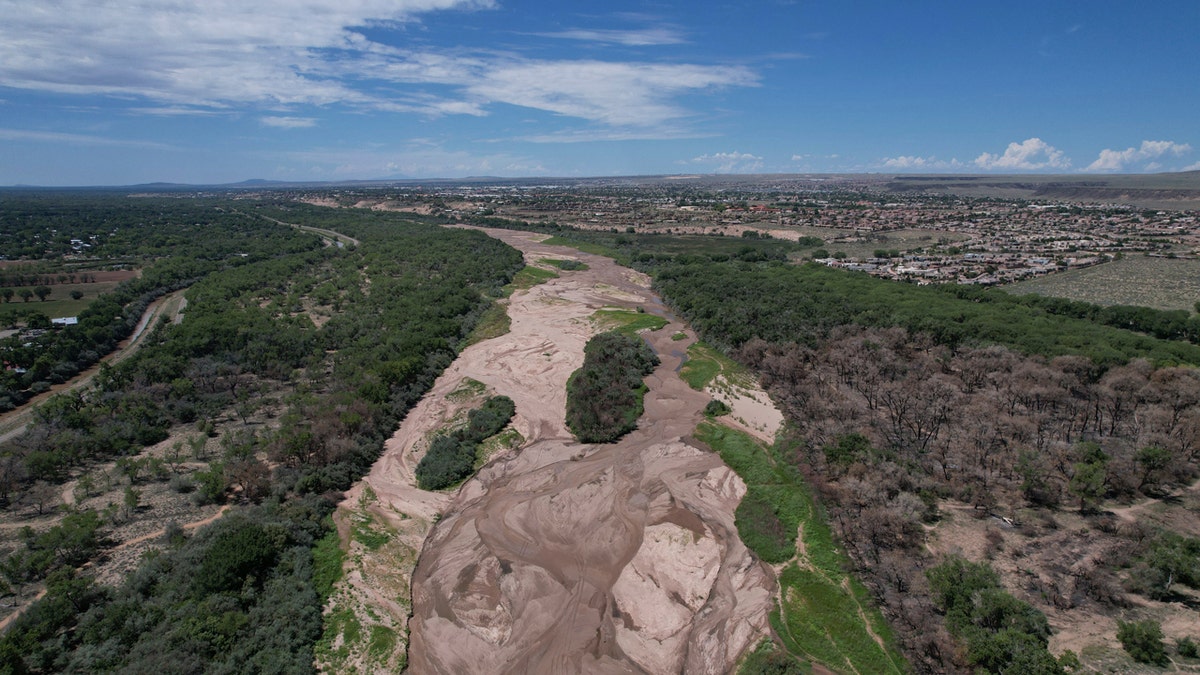A proposed settlement concerning the management of the Rio Grande, a vital water resource shared by Colorado, New Mexico, and Texas, has been presented to the U.S. Supreme Court. Special Master U.S. Circuit Judge Michael Melloy, overseeing the case, endorsed the agreement in a recent report, deeming it a fair and reasonable solution aligned with the long-standing water-sharing compact among the states.
The Supreme Court's timeline for reviewing the recommendation remains uncertain. The proposal, reached last year by the involved states, faced initial objections from the federal government due to concerns about the absence of specific water usage restrictions within New Mexico. However, Judge Melloy emphasized the settlement's prioritization of water delivery to Texas and Mexico, suggesting that other concerns could be addressed separately.
Implementing the settlement in New Mexico may involve strategies such as incentivizing farmers to leave fields fallow and investing in infrastructure enhancements. Former New Mexico Attorney General Hector Balderas praised the proposed settlement as a significant achievement for the state's agricultural community and a crucial step in safeguarding water resources. However, some state lawmakers have expressed apprehensions about potential conflicts between water users in different regions of New Mexico and the feasibility of the fallowing program for farmers.
The lawsuit initiated by Texas stemmed from concerns about groundwater pumping in southern New Mexico, which allegedly impacted the state's allocated share of Rio Grande water. The proposed settlement introduces a new gauging station near El Paso, Texas, and other measures to monitor and ensure New Mexico fulfills its water delivery obligations to Texas. In return, New Mexico will withdraw its legal challenges against Texas.

The agreement mandates that New Mexico manage its internal water usage to meet the delivery requirements at the new gauging station, but it doesn't prescribe specific methods for achieving this goal. New Mexico State Engineer Mike Hamman affirmed the state's commitment to complying with the settlement and the interstate compact through a comprehensive approach involving water rights administration, depletion management, and supply augmentation.
The settlement includes provisions for temporary water rights transfers between irrigation districts in New Mexico and Texas, depending on whether New Mexico delivers too little or too much water. Judge Melloy acknowledged that the proposal doesn't shield New Mexico from potential future claims by the Bureau of Reclamation or other parties within the state. He stressed that the primary focus is ensuring the appropriate delivery of water to Texas and Mexico, leaving other internal disputes to be resolved outside the Supreme Court's purview.
Comments(0)
Top Comments